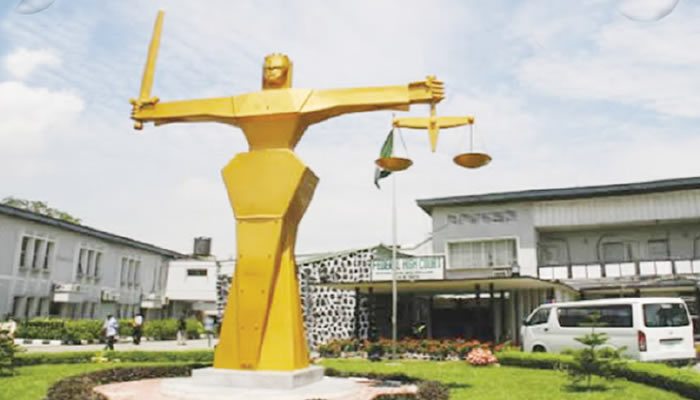
The Chief judge disclosed this while briefing newsmen in Uyo on Friday after a three-day visit to correctional centres in the state.
Obot called for the relocation of Eket Correctional Centre to decongest the facility for better management of inmates.
The News Agency of Nigeria reports that the Chief Judge visited Ikot Abasi, Eket, Ikot Ekpene and Uyo correctional centres.
NAN also reports that during the visit, three inmates were pardoned from Ikot Abasi, nine were discharged and acquitted in Eket, 11 inmates were also freed from Ikot Ekpene while 22 inmates were released from Uyo correctional centres respectively.
The chief judge said some of the freed inmates had spent more years in the correctional centres than the penalty for the offence they were charged with.
Obot said some of the inmates had been in the facilities between four and five years without being charged to court.
She urged the freed inmates to engage themselves in useful ventures and stay away from crimes as they might not be lucky to have another chance.
The chief judge said the Ikot Abasi facility was good enough in the state while she adjudged the Eket facility as the worst with a capacity of 123 but currently having 300 inmates.
“As I said at the beginning, Ikot Abasi was okay, and the capacity was not fully utilised. So, it was more organised than every other facility apart from Ikot Ekpene. Ikot Ekpene is the best facility we have in the state.
“Eket is the worst of all, it is limited in space and the number is overwhelming and they are not able to cater for the inmates there.
“I have suggested that the custodial centre’s authority in Abuja should negotiate with the governor of the state and even the community for a good space to relocate that facility for better management of the inmates,” she said.
She expressed concern that the police and director of public prosecution in the state would keep inmates in custodial centres without trial and some with no case for years.
The chief judge called on the police officers in charge of legal matters and the director of public prosecution to ensure diligence in prosecution to avoid the destruction of the justice delivery system.
She warned the police against unnecessary arrest and confinement of innocent persons in custodial centres without thorough investigation and charging them to court.
She said such arrest or confinement constituted a breach of the affected person’s constitutional rights.
NAN





